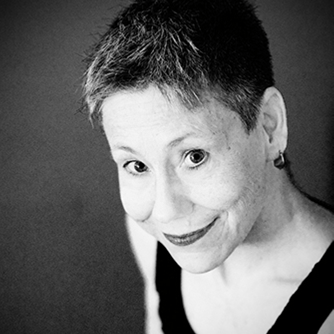The March issue of Poetry includes Adam Kirsch's thrilling interview with Ilya Kaminsky about our Ecco Anthology of International Poetry. With the erudite brilliance that characterizes his introduction, Ilya notes the French source of a Yeats poem popular in China, cites Seamus Heaney's interpretation of Milosz, mentions Akhmatova's translation of Macbeth, considers English translations that improve on the original, and addresses the impurity of literature and the importing of foreign forms, tones, and approaches. He speaks of “the genius of what is possible in English as it bends to accommodate or digest various new forms, ” and observes, “by translating, we learn how the limits of our minds can be stretched to absorb the foreign, and how thereby we are able to make our language beautiful in a new way.” It's a stimulating exchange, and a fine glimpse into the organizing principles of the anthology.
Here's how the interview begins:
ADAM KIRSCH: First of all, let me say congratulations on The Ecco Anthology of International Poetry. It’s a moving and impressive book, and I hope you’ll be able to talk a bit about how you edited it—there are so many poets from so many parts of the world, I wondered how you found them all. There are famous poems here—one of Rilke’s Duino Elegies, Akhmatova’s “Requiem,”Celan’s “Deathfugue”—but I think every reader will make a lot of discoveries, too. I particularly liked W.S. Merwin’s translations of the Argentine poet Roberto Juarroz, whose “Life Draws a Tree” is a wonderfully spare defense of art as the third force that balances life and death.
Read the full interview at the Poetry Foundation Website “Various Tongues: An Exchange.”








